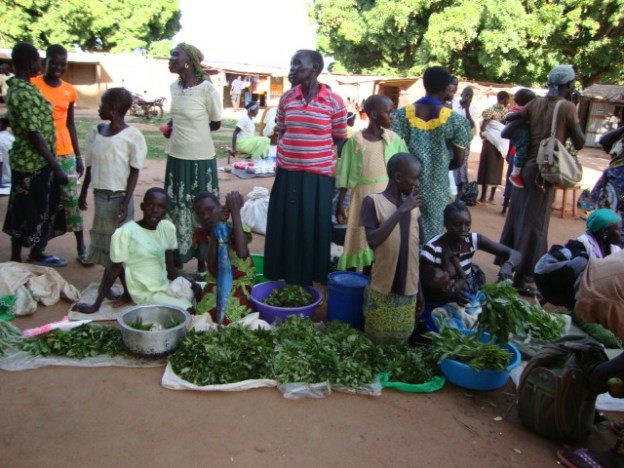Today, 17th October marks the beginning of Financial Inclusion week under the theme; “ keeping clients first in a digital world.” Through out this week, various stakeholders all over the world will embark on various activities and discussions on how the progress towards financial inclusion is being achieved.
In the African continent, various actors in financial inclusion here and around the world will converge in the Rwandan capital Kigali on 20th-21st October to attend the annual MasterCard Foundation Symposium on Financial inclusion, (SoFI2016) where client centricity in financial inclusion is the key agenda of the discussion.
The Centre for Financial Inclusion at ACCION has also planned an exclusive webinar for Harvard Business School- Accion Program alumni focused on innovations in financial capability this Friday 21st October.
The center for Financial Inclusion defines financial inclusion as “access to a full suite of financial services, provided with quality to everyone who can use financial services with financial capability, through a diverse and competitive market place.”
The sad reality is that, we in South Sudan are far from attaining the theme of this week; unlike many in our neighboring countries whose digital solutions to financial services are taking roots. Many Fintechs are emerging in the East African markets offering a wide range of financial services to the people digitally.
Many rural people and those previously excluded from the financial sector are accessing not just money transfer services, but also savings and credit through the help of mobile money. Kenya’s equity Bank’s M-Kesho and Equitel; CBA’s M-Shwari and KCB’s M-Pesa loans are key striking progress made in digitalizing access to finance for the people below the pyramid.
South Sudan’s financial sector is struggling and lagging behind in adoption of digital solutions to the provision of financial services. In 2015, the Bank of South Sudan through funding from the World Bank took a bold step to introduce Mobile Money. Regulations were formulated and assent to by the Governor of the Bank of South Sudan, but the roll out has since not taken place.
The current security situation which has led many branches of commercial banks being closed in far flung areas from the capital Juba has resulted into many parts of the country not getting financial services. Mobile Money would play a key role in helping people marooned by the conflict access, albeit not full suite of financial services. There are people who want to help their relatives but have no means of sending them the money.
Microfinance institutions have been hit hard by the recent flare-up of conflict and the ongoing harsh economic conditions, which has led to the exodus of the majority of their clients to neighboring countries. The non-performing loans have increased beyond reasonable industry standard. This threatens sustainability and the continuity of provision of financial services to the under-served. But financial institutions that started in countries facing fragile situations seem to have inherent shock absorbing mechanisms that make them to shake off such abrupt occurrences that threaten their very existence.
The Microfinance institutions have responded well to the current economic meltdown and the preceding conflict situation. We are hopeful that the sector will emerge out of the current predicament just like was the case in 2013.
The MFIs are responding to the needs of the clients well; the demand for huge loans is the new problem the institutions are facing. This is as a result of the devaluation of the South Sudanese Pounds (SSP). Some suspended disbursement after the fighting at the Presidential palace in Juba on July 8th, which had a reverting effect across the country on the peace implementation. But committing to the cause of client centricity in financial inclusion, most of these MFIs have resumed disbursement in the affected towns.
Many experts would argue against the promotion of financial inclusion in a country facing fragile situation because of the numerous risks that are associated with such countries. This could be true for Microfinance investment vehicle (MIVs) that seek a return on investment in frontier markets, but for developmental programs and in-country Microfinance Apexes with high risk tolerance, there are a lot of work to be done.
Our experiences at SSMDF have taught us that Microfinance can survive in conflict state, and the demand for the various products continuous to mount, notwithstanding, the risk associated.
So as we celebrate this financial inclusion week, we must exert more efforts to provide client centric services to our people even though we might not at the moment be able to provide the services digitally.
On the other hand the Bank of South Sudan should expedite the roll out of mobile money to allow innovation around it, install a national switch, come up with national payment system regulations and that of agency banking.
Despite all the political and economic setbacks, South Sudan can still rise from the ashes and join the rest of the regional countries and the world at large in pursuit of the financial inclusion agenda 2020. But a lot of assistance is required in terms of resources and human capital in this area to make this a reality faster.
Mr. Elijah Chol Yak is the Managing Director of South Sudan Microfinance Development Facility (SSMDF).
